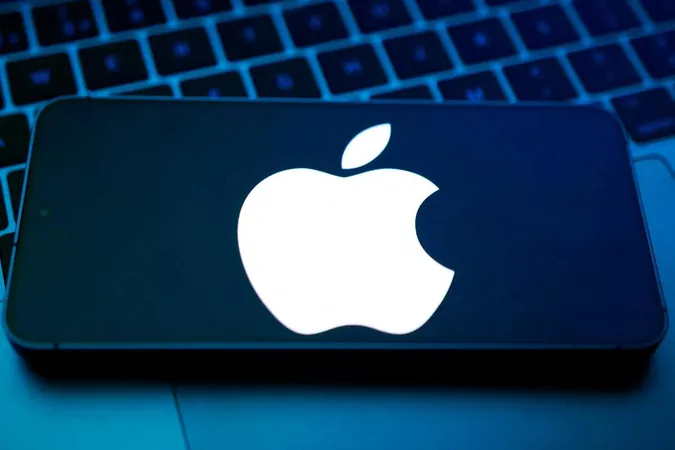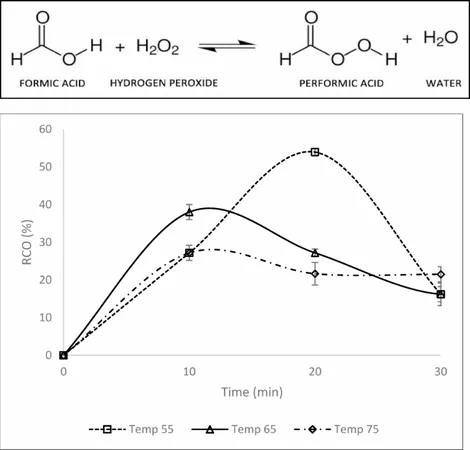
Apple Faces Lawsuit from Authors Over AI Training Practices
2025-09-07
Author: Ming
Apple in Hot Water: Authors Sue Over AI Training!
In a significant legal clash that underscores the tension between technology and intellectual property, Apple is being taken to court by authors who allege that the company illegally leveraged their copyrighted books to train its artificial intelligence systems. The lawsuit was filed on September 5 in a federal court in Northern California.
The proposed class action, led by authors Grady Hendrix and Jennifer Roberson, contends that Apple made use of protected works without securing consent or offering any compensation. The lawsuit claims, 'Apple has not attempted to pay these authors for their contributions to this potentially lucrative venture.'
This legal challenge is part of a larger trend, as numerous authors and media organizations are stepping up to protect their rights against tech giants. The fight for copyright has become increasingly heated, especially as companies like Apple and Microsoft pivot towards using AI in novel ways.
In a related development, AI startup Anthropic recently disclosed that it agreed to pay a staggering $1.5 billion to settle a class action lawsuit from authors who accused it of training its AI chatbot, Claude, without permission. Although Anthropic did not admit liability, lawyers hailed the settlement as one of the largest copyright recoveries in history.
In June, Microsoft faced its own lawsuit from authors claiming their books were similarly used without authorization to train the Megatron AI model. Other major players in the tech world, such as Meta Platforms and OpenAI, are also under scrutiny for alleged misuse of copyrighted material in AI development.
The lawsuit against Apple specifically accuses the company of employing a collection of pirated books to train its large language models, including the mentioned 'OpenELM.' Both Hendrix and Roberson assert that their works were part of this unauthorized dataset.
As the battle for copyright protection heats up in the era of AI, this lawsuit could set a crucial precedent for how tech firms navigate their use of literary works. The outcome may very well shape the future landscape of artificial intelligence and the rights of authors.



 Brasil (PT)
Brasil (PT)
 Canada (EN)
Canada (EN)
 Chile (ES)
Chile (ES)
 Česko (CS)
Česko (CS)
 대한민국 (KO)
대한민국 (KO)
 España (ES)
España (ES)
 France (FR)
France (FR)
 Hong Kong (EN)
Hong Kong (EN)
 Italia (IT)
Italia (IT)
 日本 (JA)
日本 (JA)
 Magyarország (HU)
Magyarország (HU)
 Norge (NO)
Norge (NO)
 Polska (PL)
Polska (PL)
 Schweiz (DE)
Schweiz (DE)
 Singapore (EN)
Singapore (EN)
 Sverige (SV)
Sverige (SV)
 Suomi (FI)
Suomi (FI)
 Türkiye (TR)
Türkiye (TR)
 الإمارات العربية المتحدة (AR)
الإمارات العربية المتحدة (AR)